Arkadiusz Reikowski is the soundtrack composer of the recently released cyberpunk video game Observer. Originally a performer for several Polish bands, Arkadiusz is a self-taught musician; however, over the past eight years, he has composed the soundtracks for nearly thirty games, including Kholat, Layers of Fear, and Husk.
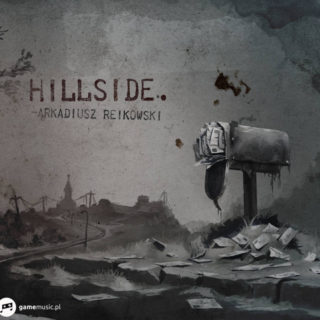
“I always start with colors and overall tone of the game,” He said. “These are the elements that are most important when I decide in what scale the soundtrack should be and what instruments I’m going to use. With Observer it was really interesting because in the end, the music turned out to be a lot darker than at the very beginning. I thought I would use much more melody and lighter themes but they didn’t quite fit the tone of the game. So we stayed with these dirty, heavy, dark themes.”
The grungy themes fit with the aesthetic of Observer, which takes place in a future version of Krakow beset with violence, war, and poverty. The half-human half-machine Detective Daniel Lazarski hacks into the minds of people both alive and dead to uncover clues in his investigation. The dark and surreal scenes in people’s minds firmly set the game in the horror genre.
Arkadiusz said that he tries to create shapes in his music, and in this particular soundtrack he focused on shapes that can barely be seen, something caught by the corner of your eye, but you can’t be sure of what it is. This is particularly fitting for a horror game. “The emotions told through music are like shapes coming into existence. But also like colors that you can feel and almost be touched by them,” he said. “Weird, I know.”
The Inspiration
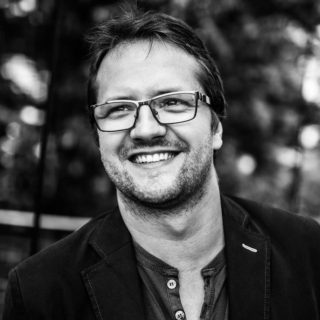
Arkadiusz watches Blade Runner at least once a year, but Ghost in the Shell and Akira also inspired his compositions. “I’m deeply in love with Ghost in the Shell and the Akira soundtrack and I wanted to create similar emotions while scoring Observer,” he said. “The game itself is heavily inspired by Ghost in the Shell, but you know…who doesn’t want to be inspired by such a masterpiece.”
Improvised Compositions
With the exception of the singing, all the music in Observer is electronic. This was a departure from his previous work that often featured piano and voice arranged in simpler textures than the ones found in Observer. Arkadiusz said that it was challenging switching to mostly electronic music, but he really wanted to do it.
“Just before I started to work on Observer I bought a Moog Sub 37, and it was my first hardware synth ever,” he said. “I was really happy to put it to work. The love for synths still lasts and is stronger than ever. I like losing track of time and just improvising on my Moog and Dave Smith’s Prophet 6.”
He said the approach to composing for electronic instruments was not very different from composing pieces for real instruments. “I think they all serve a similar purpose – to create emotions and underline what is happening on the screen. But when you write for real instruments you need to be more focused. When it comes to real instruments, I often use a piano. I record pieces on piano and then do mock up and then orchestrate them (although I rarely orchestrate my tracks myself),” he said.
The major difference was how much he improvised while writing electronic music. “Playing on a synth is sometimes like child’s play. Lots of experiments and generally having fun with creating the sound from scratch. When you write a melody for a cello or a piano, you know exactly what kind of melody you’d like to achieve. Experimenting on a synth is interesting because often one sound can create others, which are different but at the same time they fit your vision of the music. Or they don’t and you have to turn the knobs a little more.”
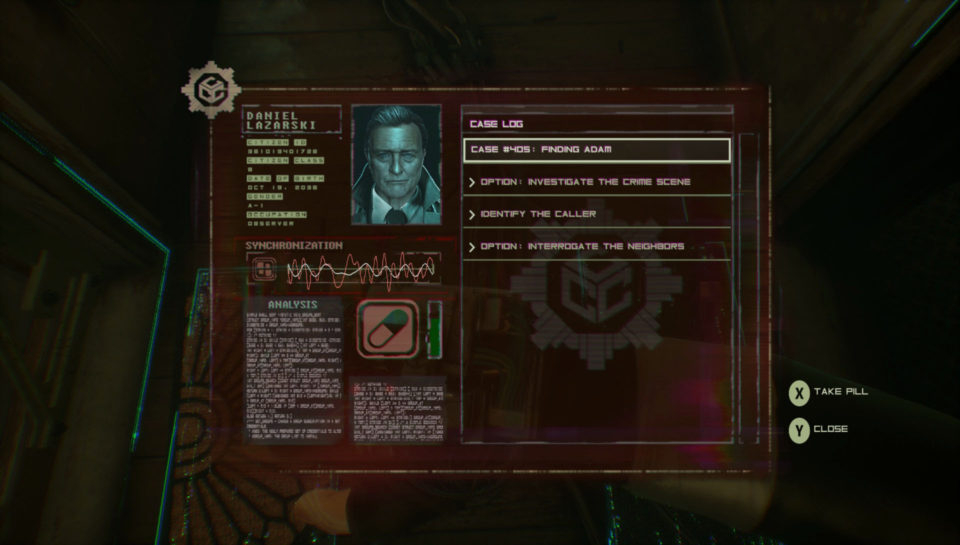
Even the pieces in the Observer soundtrack that appear to have required complex planning were the result of improvising. One of the first tracks features a choir reminiscent of early church music. A set of voices introduces a short theme that is soon taken up by other voices and weaves together in complex patterns. Arkadiusz said that it was all improvisation though.
“The recording session with the band was such a creative and unique experience that I will remember for a long time,” he said. “We sat in the studio and listened to track and thought about what we could do with vocals there. I was prepared before the session, but it turned out that we created something much more interesting by just going with the flow. Those tracks refer mainly to Adam and his mind and they appear only during the ‘dream-eater’ sequences.”
In it, the choir sings in what almost sounds like a real language. “The language was made specifically for this occasion,” he said. “We thought that it would be really interesting, especially for Western audiences. The themes are based on Slavic mythology and chants. They created this unique, dream-like but also dark and ritualistic atmosphere. The only guidance was my background track with drones and such. Then we just sat in the studio and started to improvise. At one time I hade to play an additional rhythm, but in general the voices came into existence really naturally and without notes.”
In parts of the soundtrack, Arkadiusz created a background layer of what sound like real instruments, such as strings, and slides the pitches and distorts the sound to match it with another layer of electronic sounds. It creates a trippy, unbalanced feeling, and it is easy to imagine it being used during a mind-hack sequence.
“It was the result of playing around in post-production,” he said. “There are times when you record something and even put something else in by accident. Just before removing the part of it you realize – hey! That sounded nice, let’s just leave this as it is. I like those kinds of nice surprises.”
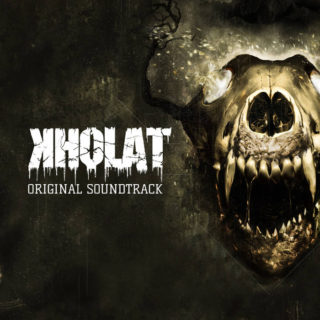
Every project brings new skills and experiences that he can use on his next project, even if he doesn’t realize it. “You know, it’s just like in Skyrim,” he said. “You keep using this hammer and suddenly pop! And your skill is better.”
For more of Arkadiusz’s work, visit his website at www.arkadiuszreikowski.com.

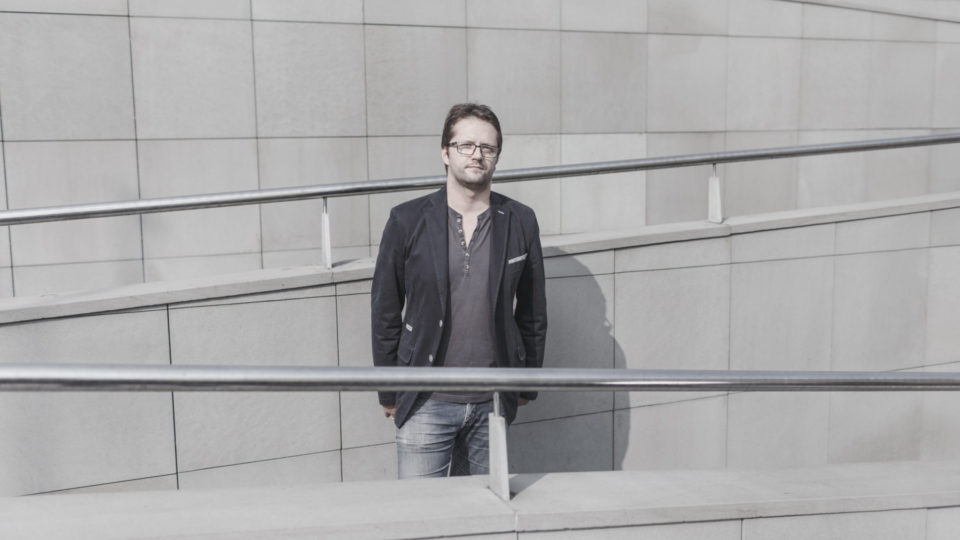
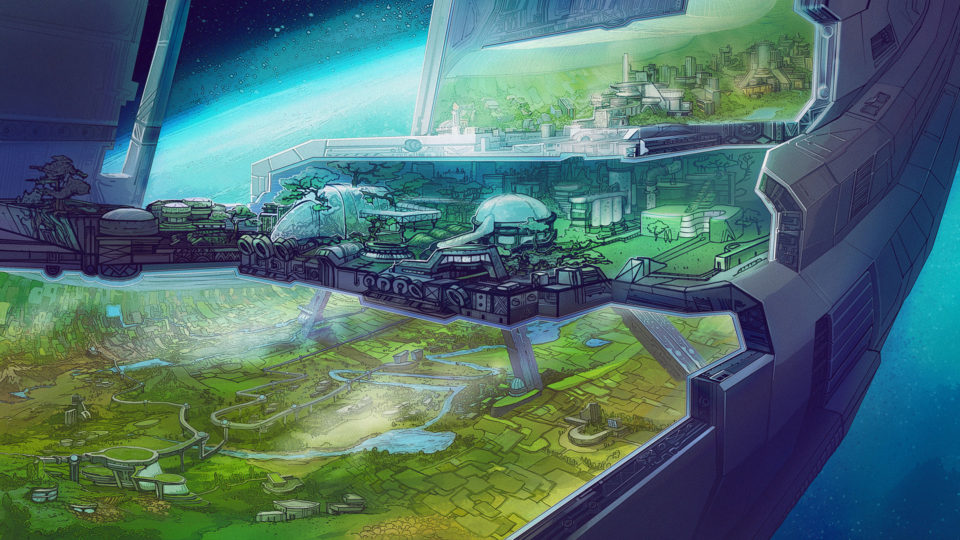
 Game Factory is affiliated with nearly every international gaming event, such as Global Game Jam or Ludum Dare, a game jam in which developers spend the weekend creating a game based on a theme. At each of these events, Game Factory holds Discovery Contests.
Game Factory is affiliated with nearly every international gaming event, such as Global Game Jam or Ludum Dare, a game jam in which developers spend the weekend creating a game based on a theme. At each of these events, Game Factory holds Discovery Contests.





